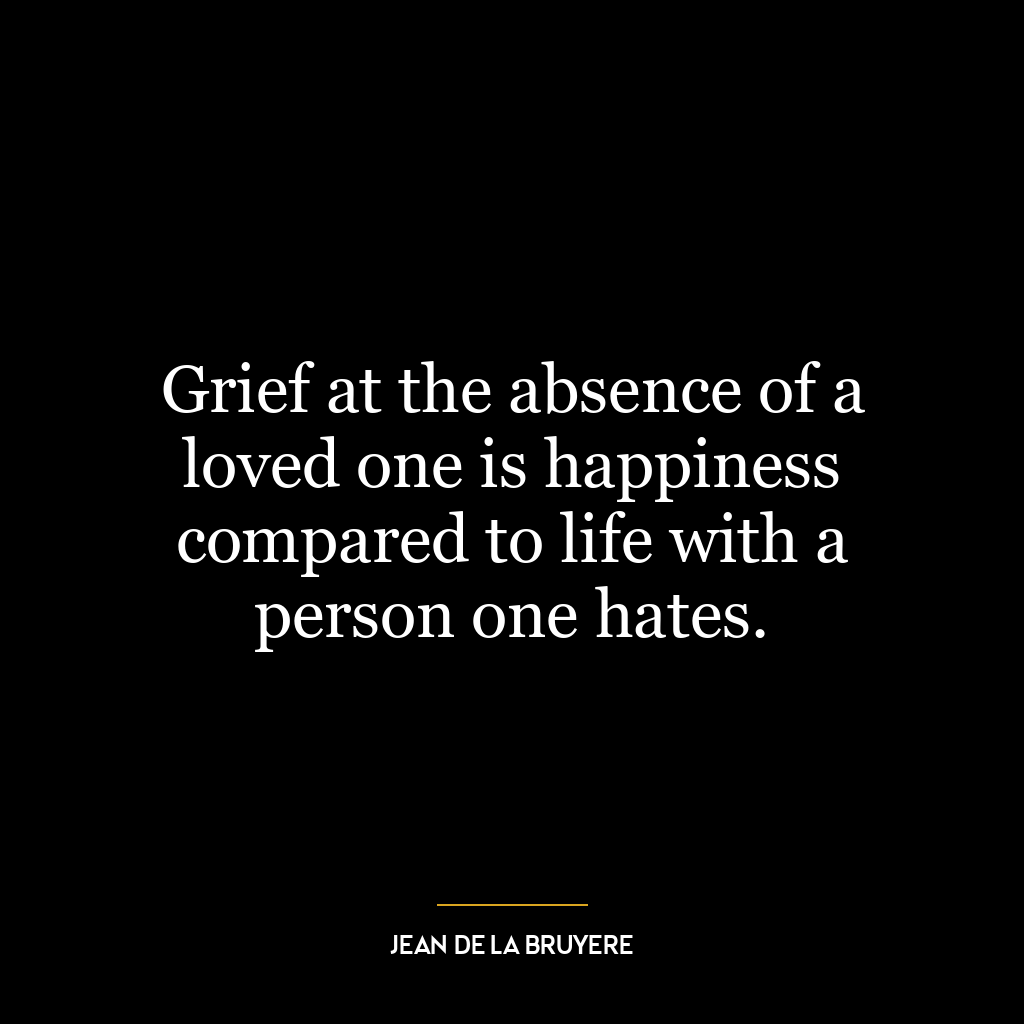This quote encapsulates the essence of true and false love by highlighting the fundamental distinction between the two. True love, as suggested, is selfless and prioritizes the happiness of the other person. It is about wanting the best for the other person, even if it means sacrificing one’s own desires or needs. This kind of love is not possessive or controlling; instead, it is liberating and nurturing, allowing the other person to grow and flourish.
On the other hand, false love is characterized by selfishness and possessiveness. It is about wanting to possess the other person, to have them for oneself. This kind of love is not concerned with the other person’s happiness or well-being. Instead, it is driven by one’s own needs and desires. False love can lead to toxic relationships, where one person tries to control or manipulate the other to fulfill their own needs.
In today’s world, this distinction is highly relevant. In a society that often promotes self-interest and instant gratification, it is easy to confuse love with possession. Many people enter into relationships not because they truly care about the other person’s happiness, but because they want to possess the other person, to have them as a status symbol, or to fulfill their own emotional needs.
In terms of personal development, understanding this distinction can lead to healthier and more fulfilling relationships. It encourages individuals to reflect on their motivations and behaviors in their relationships. Are they truly concerned about their partner’s happiness, or are they primarily focused on their own needs and desires? By striving for true love, individuals can develop more empathy, compassion, and selflessness, leading to personal growth and more meaningful connections with others.









